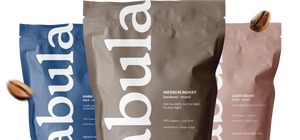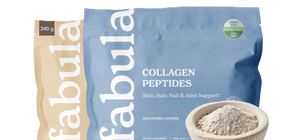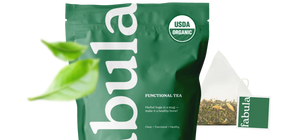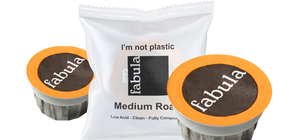There's no denying that coffee is more than just a morning pick-me-up. It's a ritual, a source of comfort, and for many, a way of life. But how does it stack up against tea when it comes to health? In the eternal debate of Coffee vs Tea: Which is healthier? we're here to shed some light on the rich world of coffee and its potential benefits.
The Caffeine Conundrum
Let's start with the most obvious difference: caffeine. Both coffee and tea contain this natural stimulant but in varying amounts. A typical cup of coffee packs a more substantial caffeine punch compared to te. While caffeine can offer a temporary energy boost and improved alertness, it's essential to consume it in moderation.
Coffee: The caffeine content in coffee can range from 95- 200 milligrams per 8-ounce cup, depending on the type of coffee beans and brewing method. This caffeine kick can help kickstart your day, enhance focus, and even improve physical performance.
Tea: Tea, on the other hand, generally contains less caffeine. A cup of black tea contains 40-70 milligrams while green tea has roughly 20-45 milligrams per 8-ounce serving. Tea's caffeine content provides a milder, more sustained energy lift without the jitters often associated with excessive coffee consumption.

Antioxidant Showdown
Both coffee and tea are rich sources of antioxidants, which play a crucial role in protecting our cells from damage caused by free radicals. These protective compounds contribute to various health benefits.
Coffee: Coffee is brimming with antioxidants. These antioxidants have been linked to a reduced risk of chronic diseases such as heart disease and type 2 diabetes. Some studies even suggest that coffee consumption might be associated with a lower risk of neurodegenerative diseases like Parkinson's and Alzheimer's.
Tea: Tea, especially green tea, is celebrated for its high levels of catechins, a type of antioxidant. These compounds are believed to offer a range of health benefits, including improved heart health, weight management, and potential cancer-fighting properties.

Potential Side Effects
While both coffee and tea can contribute to a healthy lifestyle, they aren't without potential drawbacks.
Coffee: For some individuals, excessive coffee consumption can lead to side effects like insomnia, increased heart rate, and digestive issues. It's important to find your caffeine tolerance and consume coffee in moderation.
Tea: While tea is generally well-tolerated, excessive intake can lead to issues such as staining of the teeth due to its tannin content or digestive discomfort in sensitive individuals.

The Verdict
In the Coffee vs Tea debate, there's no one-size-fits-all answer. The key to reaping the health benefits of both beverages lies in moderation and balance. Here are some tips:
Enjoy a Variety: Switching between coffee and te can provide a broader spectrum of antioxidants and nutrients.
Mind Your Additions: Be mindful of what you add to your coffee or tea. Excessive sugar and cream can negate some of the health benefits.
Listen to Your Body: Pay attention to how your body responds to caffeine. Adjust your consumption to suit your individual tolerance.

At Fabula, we understand the love for coffee and appreciate its potential health benefits. We're committed to delivering the finest coffee experiences, ensuring you can savor your daily cup of joy while considering your well-being.
In conclusion, whether you lean towards coffee or tea, both can be part of a healthy lifestyle when consumed mindfully. The ultimate winner in the Covvee vs Tea showdown is the one that brings you the most joy and aligns with your individual preferences and health goals. So, raise your cup and toast to a healthier, and more balanced you!
Ready to explore our selection of premium coffees? Visit our website at Fabula Coffee for a delightful brew today!





